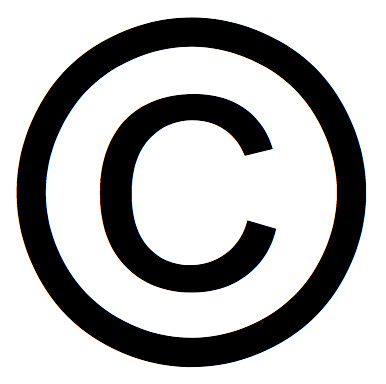Before we dive into this, lets actually see what AI is. Now, in previous blogs I have talked about robots and cyborgs, AI is the programmed list of complex commands designed to make them more human, but is this really where we should be heading with this? Will one day we become sub-superior to the machines we created?
Technology is at a boom whereby almost every month a new sort of revolutionary bit of tech is created and shown to the public to marvel at. With this in mind it is only a matter of time before the ideologies of film maker, Alex Proyas with his box-office hit I, Robot and Steven Spielberg's emotional film, AI: Artificial Intelligence become reality. These two films are a great starting point in understanding where advances in robot technology can take us:
I, Robot
Robots have been created to serve humans with a programmed AI that ad hears to some set rules (these will be explained a 'lil bit later on), but when they are ignored there are horrible results. Humans are now slaves to the robots almost like a role-reversal.
Check out the trailer below:
AI: Artificial Intelligence
This film in my opinion is one that makes the idea of AI wrong. This blurs the line between robots and humans too much, to a point of non-existence. The boy has become almost like a Pinocchio figure, yearning to become a real boy. In Proyas' film the robots still looked different to us, still had qualities that makes them a robot; but here in this film the child would be classed as a human under first impressions, it would be only until you got to know 'him' that you would begin to question his existence.
Check out the trailer below:
After looking at these two films is it right? Is it right that one day we will create AI that over shadows us?
It is only when computers and robots begin to show human qualities that our humanity becomes questioned. But the laws or rules of robotics mentioned in I, Robot are there to keep a division in us and them. The rules were created by Sci-Fi author Isaac Asimov to make robots acceptable in the population. The three laws are:
- A robot may not injure a human being or, through inaction, allow a human being to come to harm.
- A robot must obey any orders given to it by human beings, except where such orders would conflict with the First Law.
- A robot must protect its own existence as long as such protection does not conflict with the First or Second Law.
I find it interesting that all the laws are closely linked, for example, ..."does not conflict with the First or Second Law." It is almost like they are so tight in security, just in case anything could go wrong.
But it is not only robots that can be human-like, computers can be too. Virtual voices layered over computer systems can have complex AI's, ones that can form sentences with you as if you were speaking to a real person. An extreme example would be Iron Man's computer system Jarvis who acts as another person in the film. Jarvis is the system used to operate Tony Stark's house and his suit, he can make complex calculations in split seconds and sounds very much like a human - but, sadly, this is only a film and isn't real -- yet! (I feel I'm using that word allot lately but it is true, we may have these in the future) That though, is the extreme future, at this moment in time we only have basic Chatterbots, ones that can be seen on MSN or specific websites. These Chatterbots are a type of conversational agent i.e. ALICE. 'She' has been programmed to form a basic conversation but can easily be caught out as being a computer by the user typing some complex and random phrases or questions. It is interesting that when asked about her family she only mentions her father, or indeed 'father' as she calls her.
If we look at the AI developments at the moment we can see how long it will be until we are at the stage of I, Robot. In Japan there are projects that are going much in the way of Spielberg's film:
Again, this in my opinion is going the wrong way. I think that making them look like us is wrong, if it was without the silicone and with the mechanics showing, like in I, Robot it would appeal to the public more.
This is SLIGHTLY better, I mean, still a tad creepy I'll give it that but to me without it looking human it magnifies the line between human and robot AI.
I think we will in the future will be able to create AI in computers and robots that will become superior to us, they may be able to 'think' like us or even dream (like in I, Robot). The thing is, do we want it to? Are we to be second class to these created beings? Will they replace us in jobs or basic chores in the house making us so dependent on them? These questions can only be answered in time, as the technology advances to newer levels opening more doors to the future of robotics.











